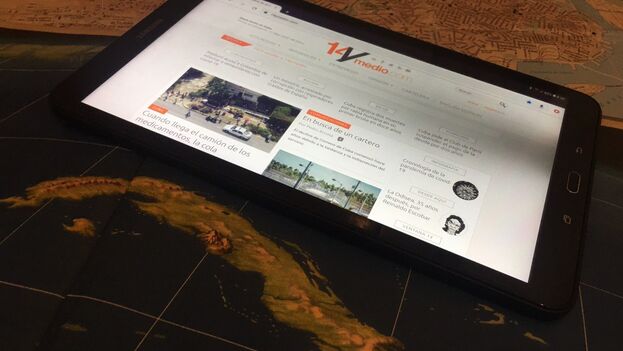
![]() 14ymedio, Havana, 21 May 2020 — On a Wednesday, six years ago, 14ymedio was born. Now the circumstances have changed, but not the essence of this newspaper. We look into a new decade immersed in a pandemic that fills the world with uncertainties, but with the same dream of taking to your homes every morning the stories that you will not see in the official press, told with our personal seal.
14ymedio, Havana, 21 May 2020 — On a Wednesday, six years ago, 14ymedio was born. Now the circumstances have changed, but not the essence of this newspaper. We look into a new decade immersed in a pandemic that fills the world with uncertainties, but with the same dream of taking to your homes every morning the stories that you will not see in the official press, told with our personal seal.
We invite you to briefly review what some things were like when we started and what they are like today.
From hotels to homes
When we started our journey, we created an online publication system for the use of our international team, located in Spain, and an offline one for the Cuban team. Telecommunications were even worse in 2014, so the goal was to be able to prepare our website offline, and then to to a hotel with a Wi-Fi connection and get it up and running in a few minutes. The networks of these establishments also helped us to send written notes to our colleagues outside the Island for editing and online work.

Although connectivity continues to be one of our great burdens, due to its low speed and the enormous economic expense that it represents, something has improved. The arrival of 3G initially, and later 4G, on mobiles has allowed the entire team of 14ymedio to work from home, instantly share notes and consult on questions during editing, and publish without resorting to an offline that often gave us headaches. In addition, we have improved our contact with the readers; we send them a newsletter with the best weekly content, enabled as a direct download PDF, and we send out our highlights every day through the instant messaging channels.
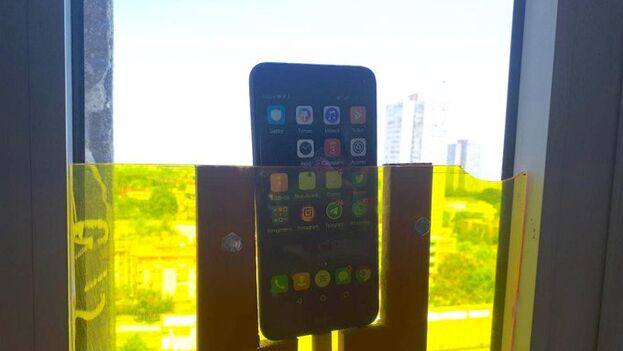
From “a-legality” to Decree 370
We take advantage of a legal loophole to sneak into your homes. Although the only press allowed by the Communist Party is the state press, the current regulations did not contemplate new technologies and, in legal terms, only prevented us from being a printed medium. That is why we go out on the street as an online newspaper, and what we call the print edition is in digital format as a PDF.
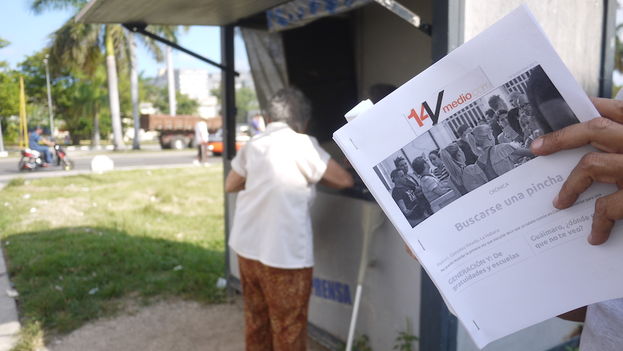
In mid-2019, the Cuban Government approved Decree 370 which provides sanctions for the independent online press, a rule expressly created to make illegal any media that is critical of the Government or that simply presents a version of reality different from that of the Cuban Communist Party (PCC). Based on Decree 370, and despite the condemnations expressed by international organizations, several independent journalists have been fined.
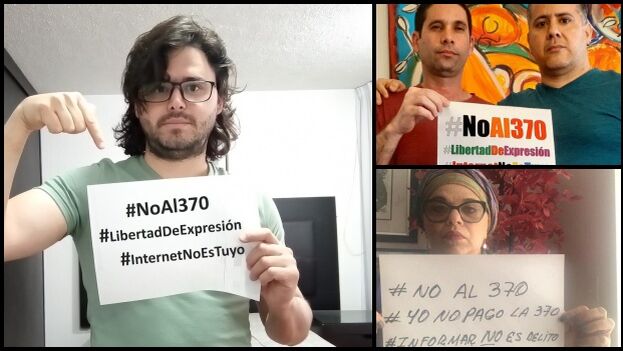
From loneliness to company
When we were born, there were already several independent Cuban media with contributors on the ground in Cuba, but we did it the other way around. We were the first newspaper with a newsroom based entirely in Cuba and collaborators outside to help us on the technological and editorial side.
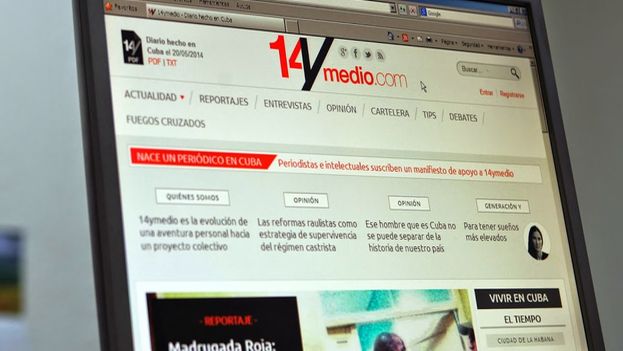
Today we have a lot of company. El Estornudo, Tremenda Nota, La Hora de Cuba, Yucabyte, El Toque, Periodismo de Barrio … each with its vision and way of telling things. Together we can narrate a more complete and diverse reality.
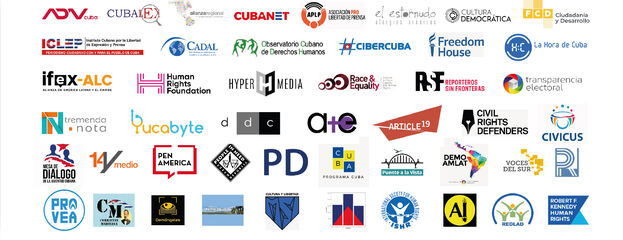
A dispersed team
The most bitter part has been the loss of many colleagues in the newsroom. In addition to the general situation of the Island, with the scarcities of everything, and the lack of opportunities to progress, there have been added threats and pressures directed against professionals of independent journalism, who are exposed to fines and prison terms. Too many have been searching for a better life.
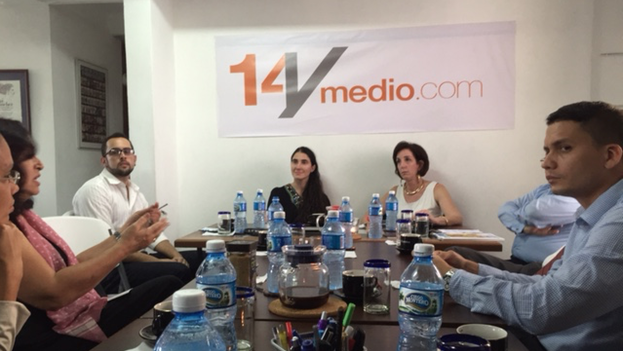
Some of those who formed our initial newsroom continue to help us from the outside, others are dedicated to the professions they dreamed of as children. 14ymedio’s family changes size, but we continue to make every effort to overcome the difficulties.
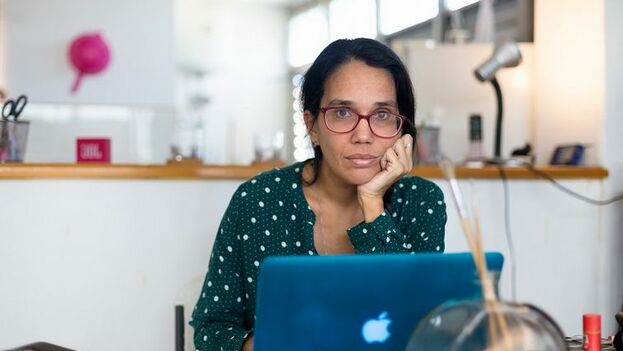
From ignorance to relevance
The Government has spent a long time pretending that we did not exist, although from the first day it launched a campaign against our medium. They blocked our site on national servers and resorted to disinformation and defamation, both against 14ymedio and its financing, and against our director, Yoani Sánchez.
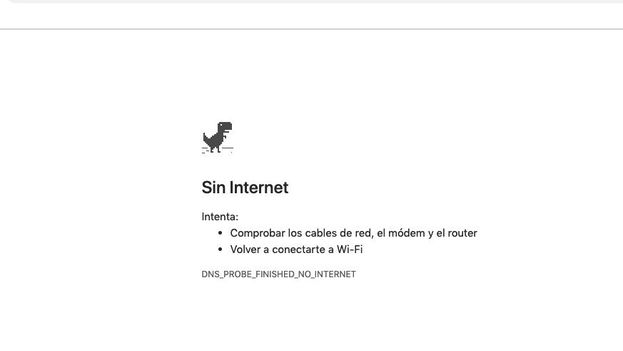
Persistence has paid off and, now, they have even been obliged to print explanations, forced by the news we have published. The campaign does not stop, but they can no longer deny our presence and sometimes they allude to us without quoting us, as in the article shown below.
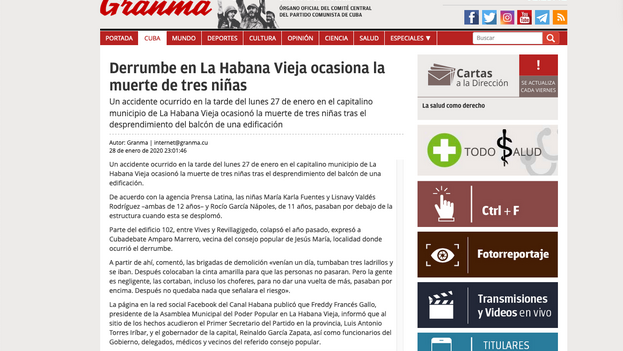
From travel to ‘regulations’
In 2013, a year before our birth, the long-awaited travel and immigration reform came. We Cubans are able to leave the country and make trips without the prior restrictions and requirements. That freedom allowed us, among other things, to expand our training in courses and congresses abroad and to cover some topics of interest to our readers, such as the 2017 migration crisis in Central America and Mexico.
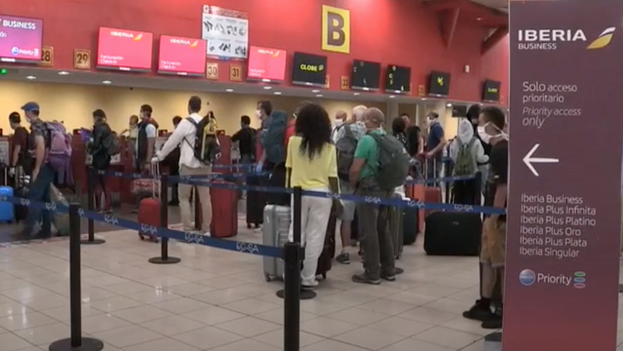
Unfortunately, Cuba has regressed in this regard in recent times. For two years the government has designated certain people as “regulated” — a nebulous term that means they are not allowed to leave Cuba. This has been applied harshly to the opposition and the independent press. Authorities use this mechanism to prevent anyone from leaving, often waiting to inform them they are “regulated” until they are about to board the plane at the airport. Although the order is often withdrawn when it is challenged, the would-be traveler has already missed their flight and must cancel the trip, which hinders the work of dissidents and the independent journalists. Two of our reporters, Luz Escobar and Ricardo Fernández, and our editor-in-chief, Reinaldo Escobar, have been subject to these measures.
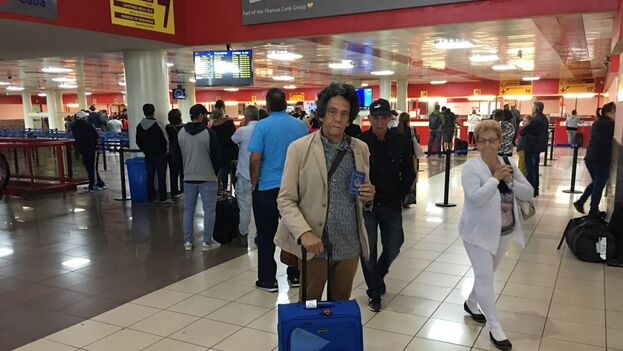
About the business model
Cuban authorities and our critics have insisted, and continue to do so, that the financing of 14ymedio comes from foreign governments. Thhis is very far from reality, as we have reiterated. We were born and have survived until now with money from a group of friends and acquaintances who wanted to join the idea of a free press project for Cuba.
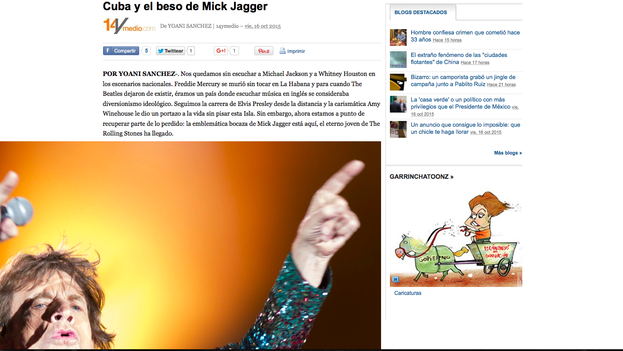
Over the years, we have professionalized our work to bring it closer to the majority of publications around the world. We are nourished thanks to some collaboration agreements with foundations and non-profit entities; with advertising platforms; and, of course, with the contributions of our readers, who with their efforts make us only in debt to them and not to other interests.
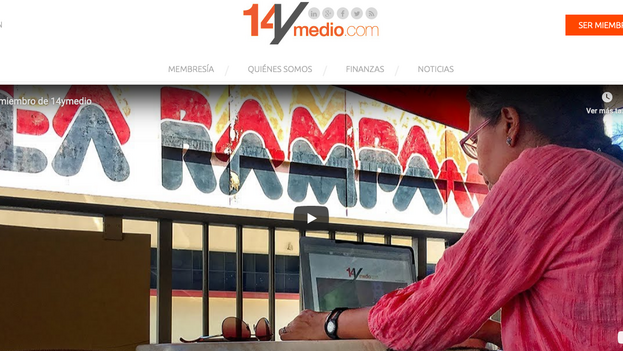
From Nauta to instant messaging
Long before the pandemic generalized virtual communication, in 14ymedio it was already our reality. We connected the different locations of our newspaper, sometimes thousands of kilometers away, through the Nauta email system offered by Cuba’s only, and government run, telecommunications company, which did nothing but hinder us, or with text messages. Slower and more rudimentary methods than the current ones which were unimaginable to us in the last century.
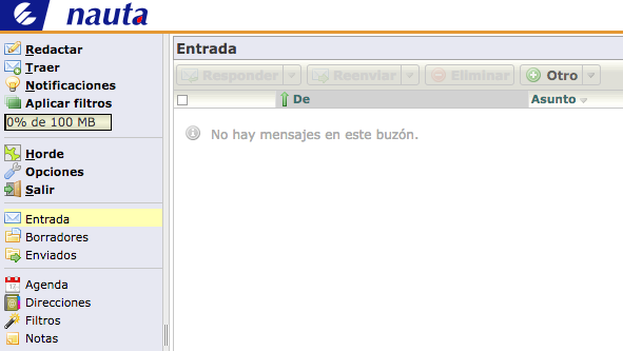
Now, instant messaging chats allow us to be in permanent contact and resolve any questions in the moment. Thus we exchange texts, photos … and even jokes, every day.
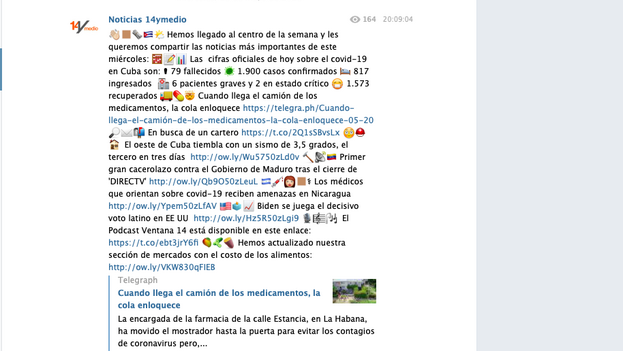
All that remains is for the Cuban government to accept our existence and to lift its blockade against the independent press.
__________________
COLLABORATE WITH OUR WORK: The 14ymedio team is committed to practicing serious journalism that reflects Cuba’s reality in all its depth. Thank you for joining us on this long journey. We invite you to continue supporting us by becoming a member of 14ymedio now. Together we can continue transforming journalism in Cuba.
